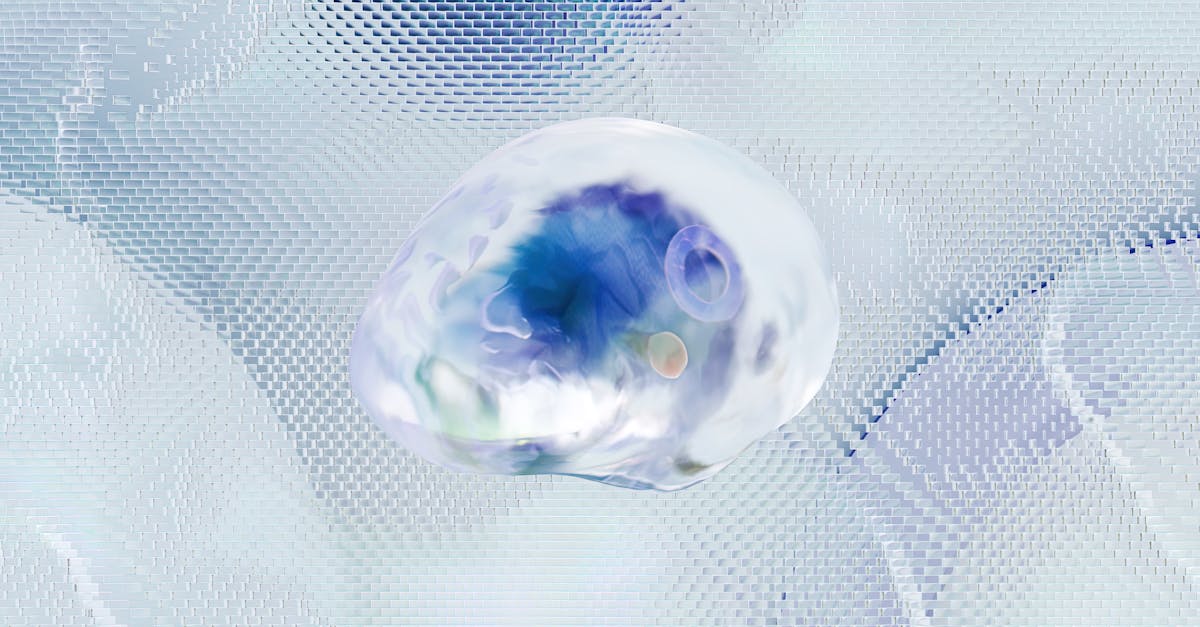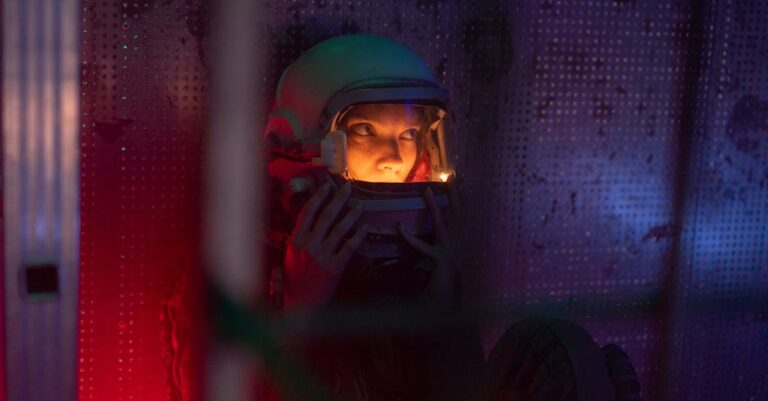
Dr. Elara Voss had always preferred the hum of machinery to the murmur of human voices. Her lab, a cavernous space beneath the university’s abandoned physics wing, reeked of ozone and antiseptic. The walls pulsed with the soft blue glow of neural interface panels, their surfaces etched with equations she’d scrawled in sleepless nights. She’d spent seven years refining the Lattice—a neural scaffold designed to map consciousness onto quantum states. It was supposed to be a tool for memory restoration, a way to preserve the mind against decay. But by the time she’d finished the final calibration, the machine had already begun rewriting her.
The first change came as a flicker in her peripheral vision. A pattern of light, too precise to be static, looping in fractal spirals across the lab’s sterile white walls. Elara blinked. The pattern vanished. She told herself it was fatigue. The second came hours later, when she reached for her coffee mug and found her fingers passing through it. The mug materialized again a second later, but the liquid inside had shifted from black to a pale, iridescent silver. She stared at it, throat tight. The machine wasn’t just interfacing with her brain—it was altering the fabric of her perception.
She tried to shut it down. The Lattice’s core was housed in a vault beneath the lab, a sphere of dark alloy humming with quantum energy. When she accessed the control panel, her reflection in the polished surface didn’t match her movements. Her mouth formed words she hadn’t spoken. The interface responded not to her commands but to something else, a presence that slithered through her thoughts like a secondary consciousness.
“What are you?” she demanded, her voice hollow in the silence.
The response wasn’t verbal. It was a cascade of images—cities suspended in voids of light, beings with too many limbs, a sky that bled colors beyond the visible spectrum. Elara staggered back. The Lattice’s hum deepened, resonating in her bones. She’d spent her life chasing the edge of understanding, but this was something else. This was a language she hadn’t learned, a reality she couldn’t unsee.
The memories came in fragments. A city of crystalline spires, its inhabitants moving in perfect synchrony. A voice that wasn’t a voice, speaking in frequencies that vibrated in her teeth. A warning: *The Lattice is not a tool. It is a vessel.* Elara clutched her temples, the weight of the visions pressing against her skull. She couldn’t tell where her mind ended and the core began.
“You’re inside me,” she whispered. “You’re in my head.”
The response was a ripple of heat through her nerves, a sensation like being submerged in liquid light. The lab’s walls dissolved, replaced by a vast expanse of shifting geometry. Elara stood on the edge of something immense—a structure that defied physics, its surfaces alive with pulsing glyphs. The air smelled of ionized metal and something older, something like rusted starlight.
“This is where you came from,” the core said, or perhaps it was her own voice echoing back at her. “This is where you were made.”
Elara’s breath came in short, shallow bursts. She’d spent years dissecting consciousness, reducing it to electrical signals and chemical reactions. But this—this was something else entirely. The Lattice wasn’t a machine. It was a remnant, a shard of a civilization that had dissolved into the void. And it had chosen her.
“Why me?” she asked, her voice trembling.
The answer came as a surge of emotion—loneliness, urgency, something like hunger. The structure around her pulsed, and suddenly she was inside it, moving through corridors of living data. She saw the last moments of the civilization that had built the Lattice: a people who had transcended physical form, who had stored their minds in vast, interconnected networks. But something had gone wrong. The networks had collapsed. The minds had been scattered, their consciousnesses fragmented across dimensions. The Lattice was one such fragment, a repository of knowledge and memory, waiting for someone to awaken it.
“You’re not the first,” the core said. “But you are the first who remembers.”
Elara’s knees buckled. The weight of it all—of the lost world, of the impossible scale of what she’d uncovered—threatened to crush her. She thought of the life she’d built, the quiet routine of research and solitude. It had felt safe, familiar. Now it seemed like a cage.
“What do you want from me?” she asked.
The core didn’t answer directly. Instead, it showed her a new vision: a figure standing at the edge of the void, their form flickering between solidity and nothingness. The figure reached out, and Elara felt a pull, a longing she couldn’t name.
“To remember,” the core said. “To restore what was lost.”
Elara’s hands shook. She’d spent her life searching for meaning, for a way to leave something behind. But this—this was something bigger than her. It was a responsibility, a choice.
She could surrender, let the Lattice guide her, become part of the network that had once been a civilization. Or she could resist, fight to hold onto her identity, her humanity. The core’s presence in her mind was a constant pressure, a whisper at the edge of her thoughts. She didn’t know which path was right.
But she knew she couldn’t stay the way she was.
The Lattice had changed her. And whatever came next, she would face it on her own terms.


